Power to Which People? American Jewish Philanthropy & Democracy
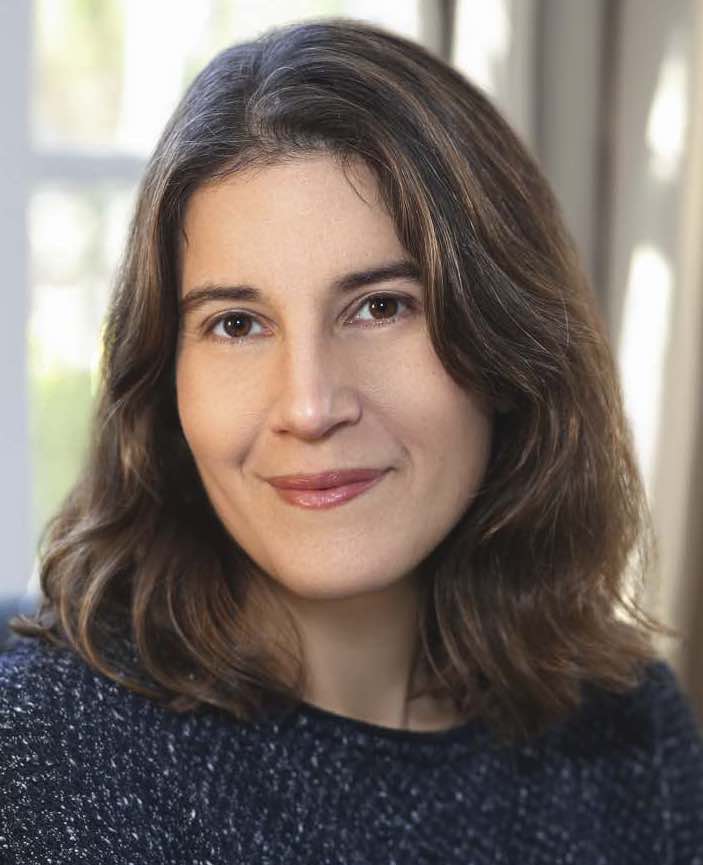
The fellowship is meant to honor of the work of two retired faculty member: Rabbi Mordechai Liebling, RRC ‘85, who started RRC’s social justice organizing program, and Rabbi Nancy Fuchs Kreimer, Ph.D., RRC ‘82, who pioneered the college’s approach to multifaith studies.
As part of the fellowship, Plevan also will be taking part in a March 20 panel discussion, “Democracy and Judaism: Does One Need the Other to Thrive?”, organized by the Reconstructionist Rabbinical Association, the Kaplan Center for Jewish Peoplehood and A More Perfect Union: Jewish Partnership for Democracy (register here.) Democracy comes up in many of Plevan’s classes at RRC, particularly a course examining democracy and Jewish sources. He said to expect fall programming in advance of the 2024 elections.
Taken together, the fellowship will explore and champion how Reconstructionism teaches that participatory democracy is vital for religious flourishing.
“For many people, religious pluralism means keeping religion outside of the public realm,” said Plevan. “That wasn’t Kaplan’s view at all. He taught that what a thriving democracy needs is having different kinds of peoples and traditions and ideas contributing to public life.”
Course Spotlight: Rabbis in Social Movements
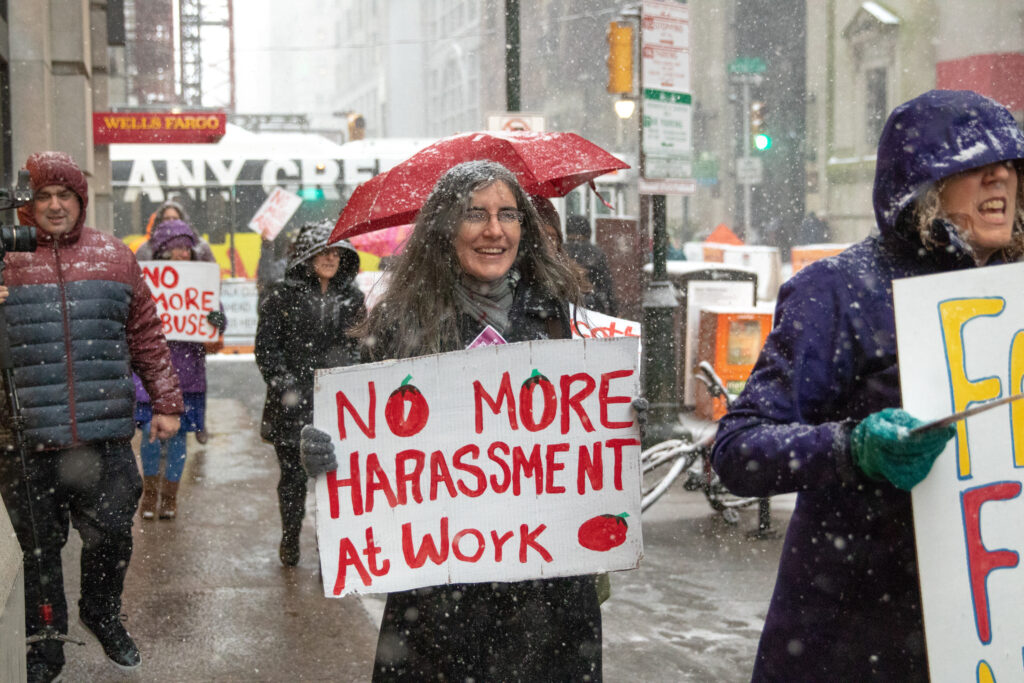
When Rabbi Alex Weissman applied to rabbinical school in 2011, he estimates that there were just a handful of rabbis working at social-justice organizations. Fast-forward a dozen years and that number now exceeds several dozen — too many for Weissman to name.
Why the dramatic shift? Many advocacy organizations now recognize the role that clergy can play in helping activists maintain spiritual and emotional health. (Burnout is all too common among people trying to fix a broken world.) Additionally, many progressive organizations have sought to reclaim the moral, prophetic voice, refusing to surrender the religious label to political and cultural conservatives, says Weissman.
Shir Hadash chosen for new rabbinic internship program
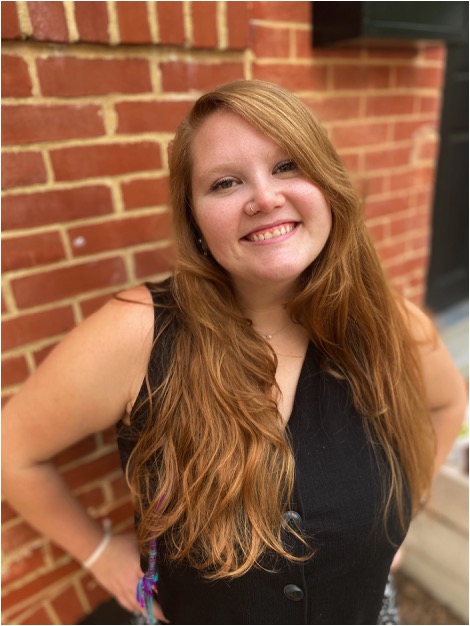
Shira Singelenberg is a native of Bethesda, Md. She said she grew up in an environment that fostered curiosity and questioning and one in which Shabbat dinner was a revered and memorable time. She received her BA degree from the University of Maryland-Baltimore County, where she majored in history with a minor in medieval and early studies.
RRC Graduation 2023/5783: The Rabbis’ Response
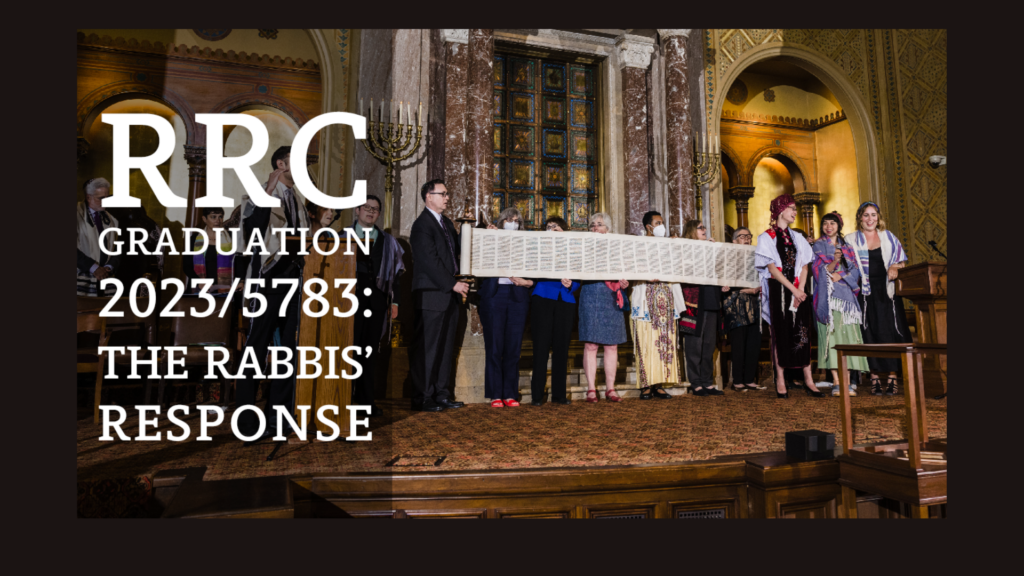
The Reconstructionist Rabbinical College’s graduating class of 2023/5783 marked the profound moment of transition by creating a beautiful ritual that incorporates the birkat kohanim, the priestly blessing. It is one of the oldest and most powerful blessings of the Jewish tradition.
RRC Student, Tillman Scholar Reflects on Meaning of Service
My time in the military was busy and transformative. Amidst the stress of active duty life, I found myself having conversations while on watch, or in the chameleon chapel where I connected with people on a personal level. I learned over time that people craved the chance to talk and safely express themselves.
I wanted to foster the environment where my shipmates could feel safe to talk, and through those moments is where I realize
You Should Know…Rabbi Kami Knapp Schechter
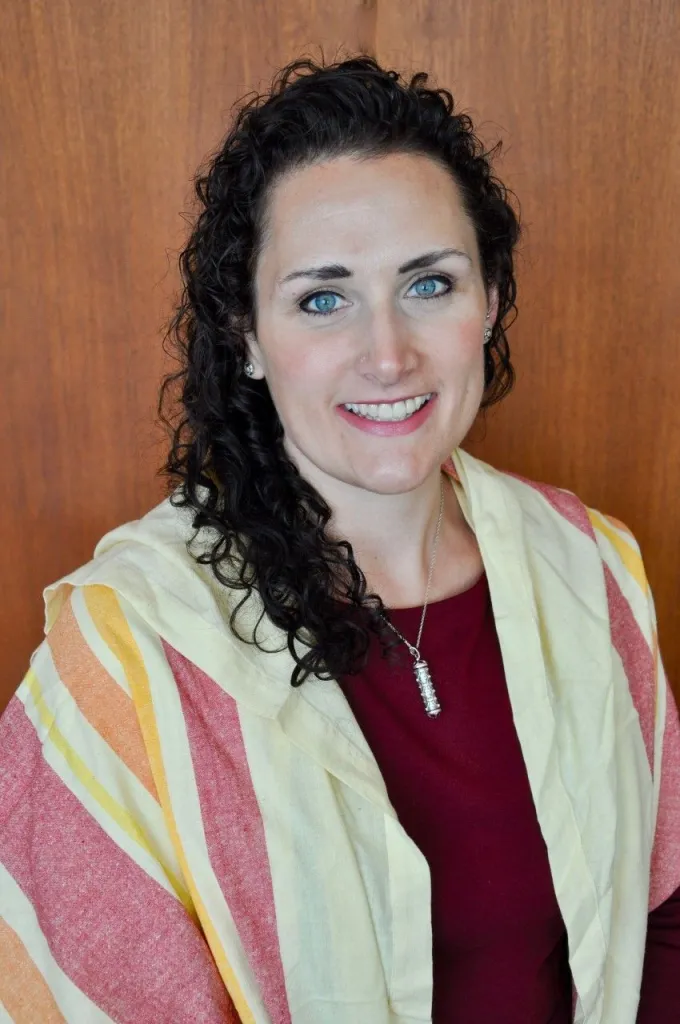
Rabbis are usually the ones stewarding congregants through life cycle events, such as births, deaths, coming of age and marriage, but what happens when a rabbi goes through those same monumental life moments?
Congregation Or Shalom Rabbi Kami Knapp Schechter, who just turned 40, is returning to her synagogue on May 22 after maternity leave, having given birth to twins three months ago.
New Grants Keep RRC ‘Boldly Relevant’
Two recent grants will help Reconstructing Judaism advance its strategic priorities of pursuing racial justice, investing in rabbinic education and strengthening Jewish communities.
The Wabash Center, which funds higher education in religion and theological studies, awarded $30,000 in new funding to Reconstructing Judaism. With this fiscal support, the Reconstructionist Rabbinical College — part of Reconstructing Judaism — will partner with the Inside Out Wisdom and Action Project on integrating the project’s “Dismantling Racism From the Inside Out” curriculum with faculty members.
You Should Know… Rabbinical Student Stephanie Breitsman, Inspector of Torah Scrolls
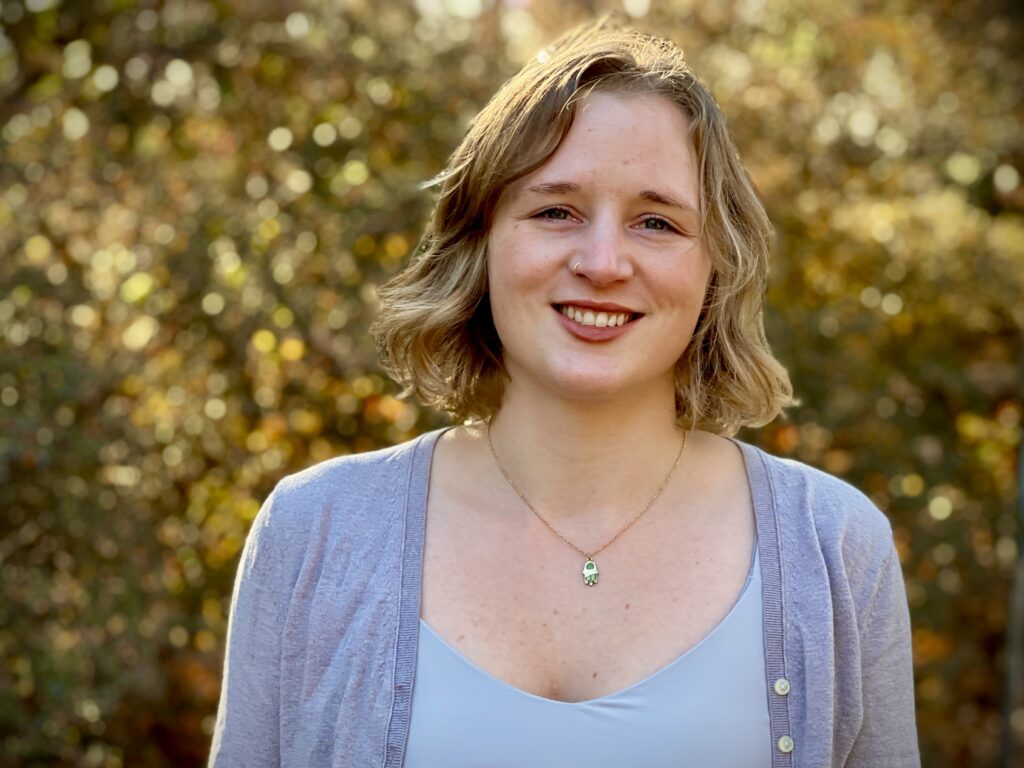
The rabbi in training at the Reconstructionist Rabbinical College in Wyncote just felt “anxious around Torah,” she said. Like the people at synagogue who are afraid to volunteer to lift the Torah during services, she was worried she would drop it and offend God … or something like that.
Reconstructionist Jews call for reparations, embark on racial justice pilgrimages
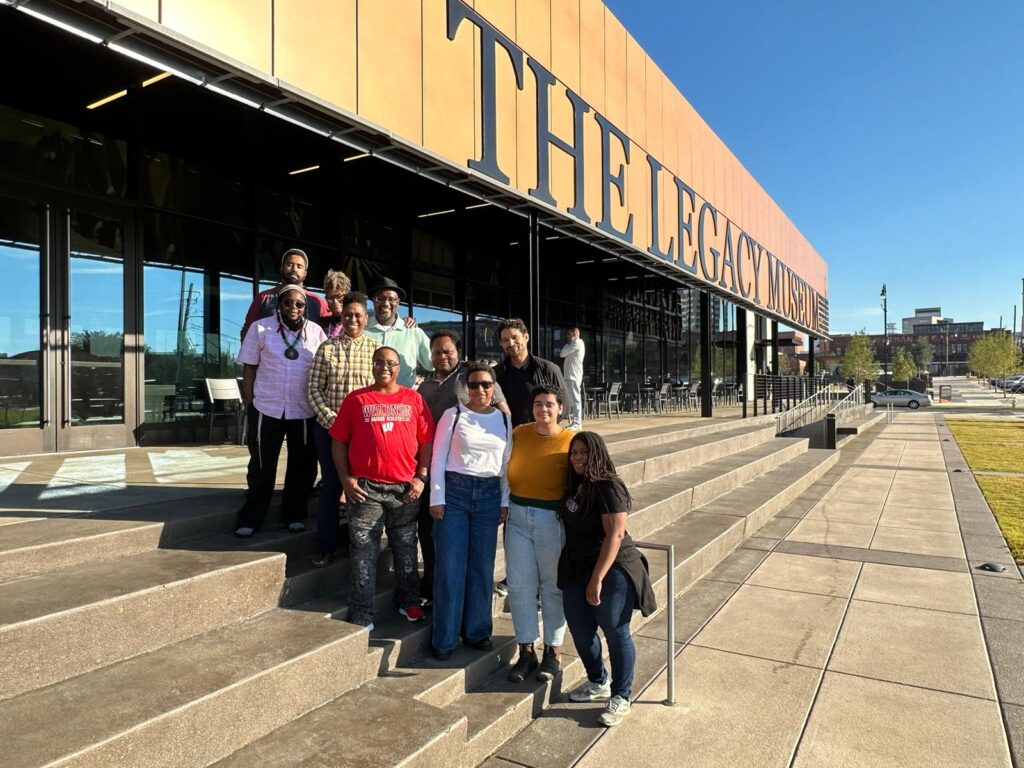
On the cusp of Black History Month, and as the nation continues to mourn for Tyre Nichols, the 29-year-old Black man who died after a severe beating by five Black now-former police officers, one small Jewish movement is taking a stand.
You Should Know …. Rabbi Alex Weissman
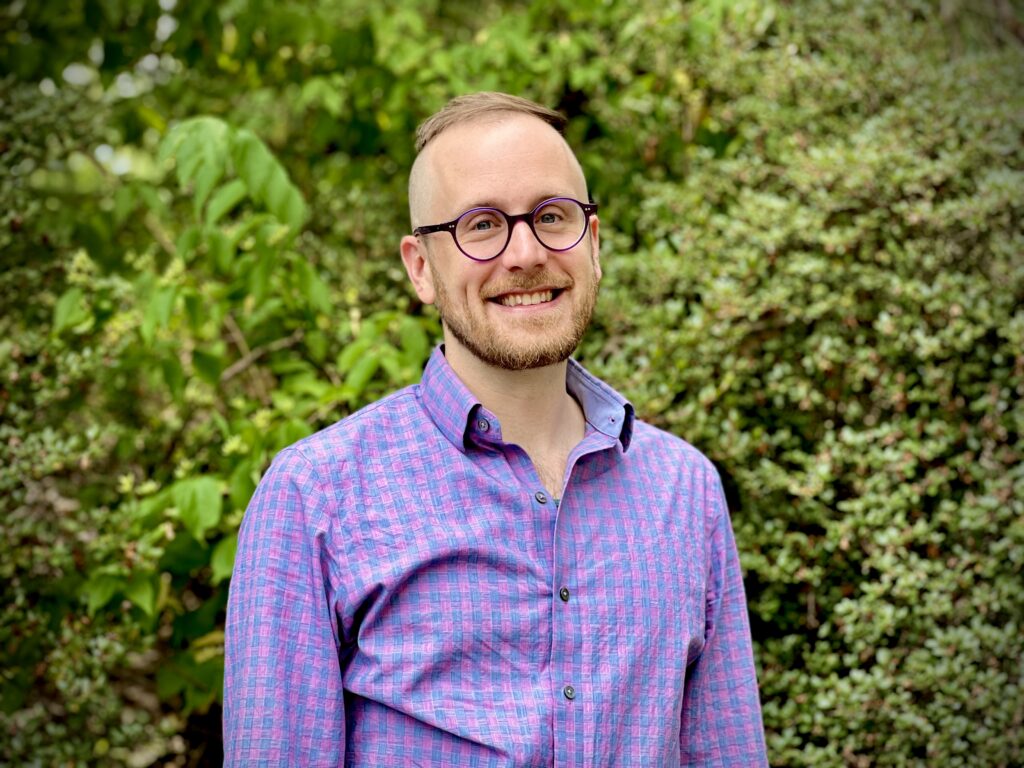
Rabbi Alex Weissman remembers walking into the Reconstructionist Rabbinical College in Wyncote for the first time. It was November 2010, and he was a 27-year-old Tufts University graduate who had held a few jobs with community and service-minded organizations, like the Center for HIV/AIDS Educational Studies & Training in New York City.





